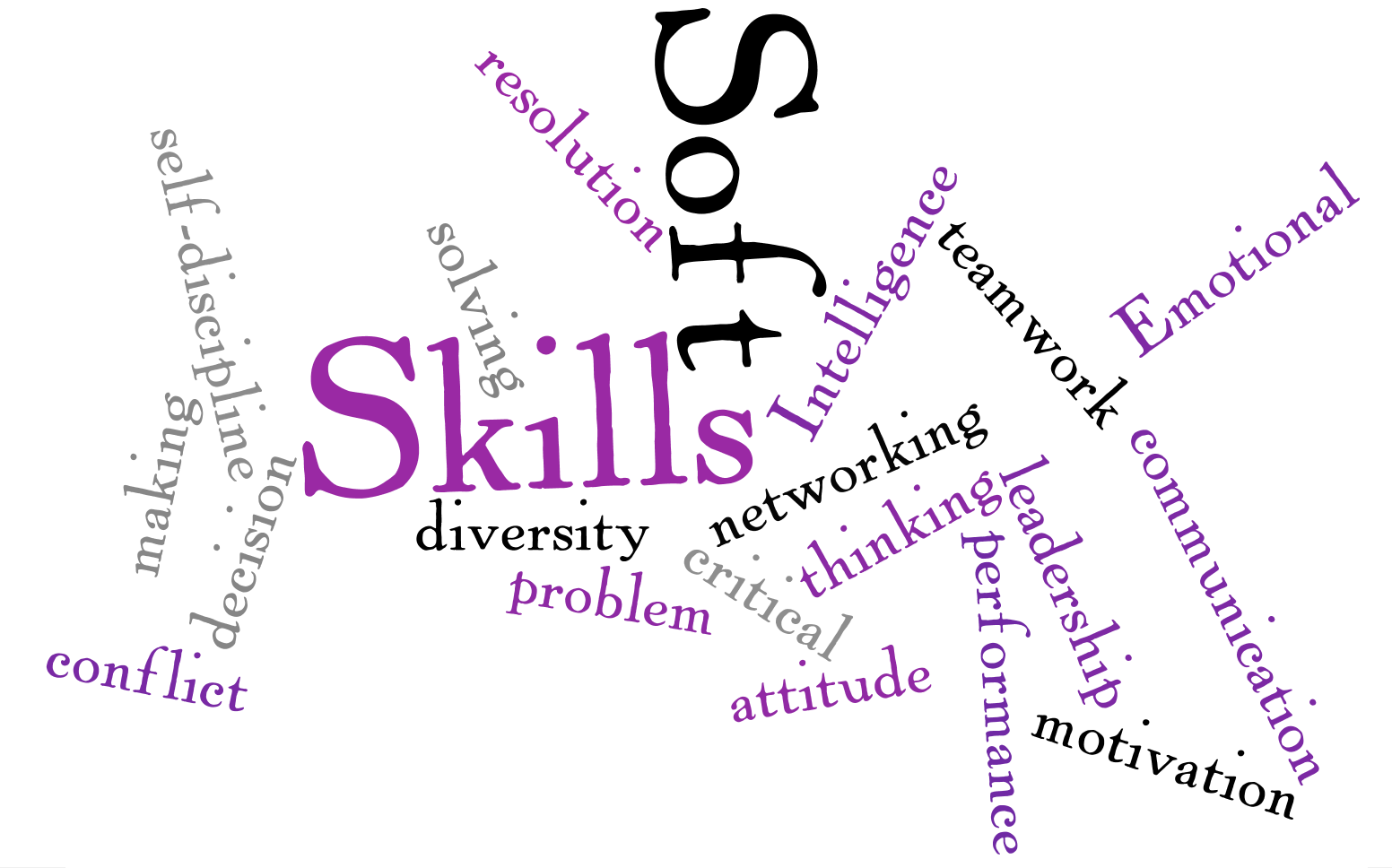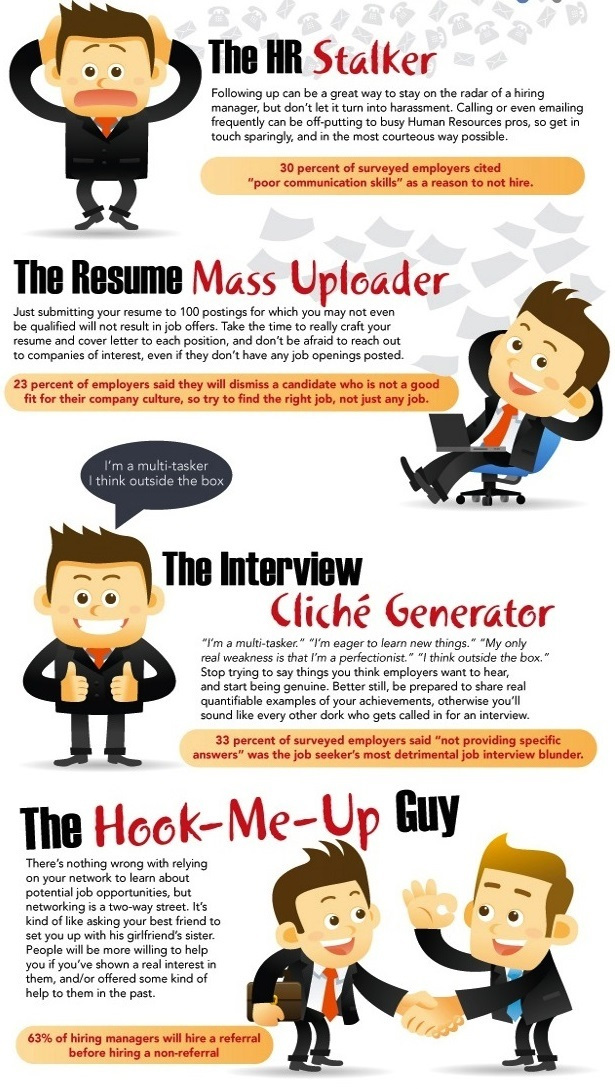
Hello there!
In the days since the Batch 1 of the Elite Employee Quest, we have discovered that in order to give people a brighter future today, we need to prepare them for tomorrow – with the skills, knowledge and resources that they need to become independent and self-reliant adults. This is particularly true in the search for meaningful employment.
The recruitment processes are ongoing; jobs are shuttling back and forth on the job board and people are applying and being selected. Few are being rejected; but the “no” isn’t to hinder you,it’s a space for better development.
We promised the best, so we will help you become the best you can possibly be.
The Key to Answering “Where Do You See Yourself in 5 Years?”
You’re breezing through an interview on the job board — answering all the questions about your work history and interest in the company with great examples; selecting all the responsibilities that have been thrown at you —when you come to a slightly more personal question.
“Where do you see yourself in five years?”
What’s the best way to answer that to continue showing the hiring manager why you’re perfect for the job? It’s not as challenging as you might think to come up with a well rounded, very impressive answer.
We came across a video that will teach you exactly what a hiring manager is hoping to learn about you from this question and how to tailor your answer to suit.
Welcome Batch 2 Applicants
CONGRATULATIONS! You have been specially selected to take part in the
Elite Employee Quest 2015 (Batch 2). Close to 1,000,000 people are
participating in this program, so your best is expected.
For each stage you complete, you will be given an instant certificate of completion (for FREE) and your score will be visible immediately.
At PushCV’s core, we believe that if the best people are employed in an organization, that organization will expand and create more jobs for others; and this is how we distinguish our brand from any other.
So, please take advantage of this opportunity and make the most out of it.
We’d be back with more tips. Till then, please don’t stop developing.
Sincerely,
PushCV.




